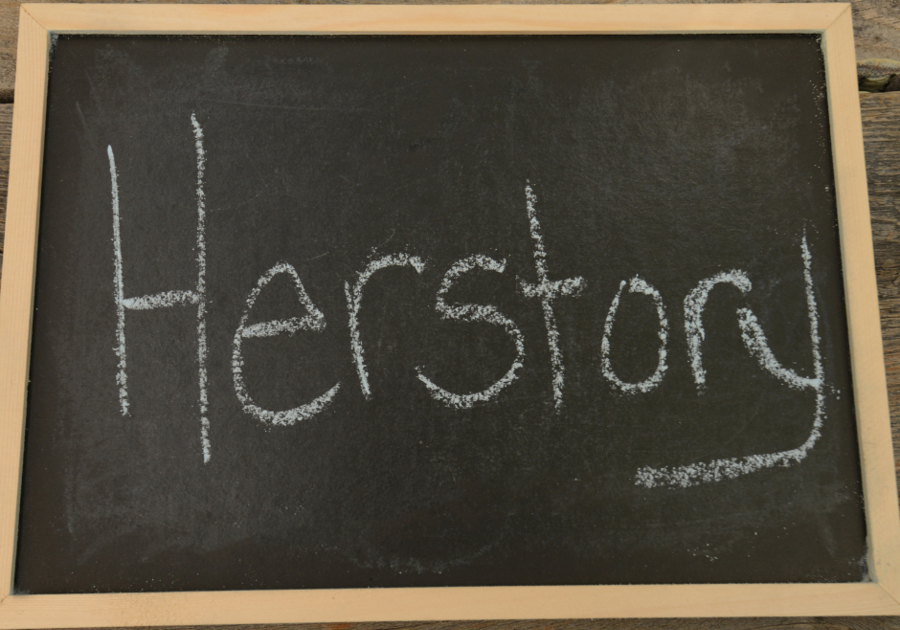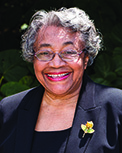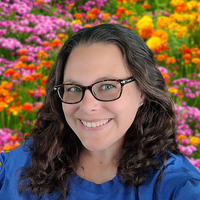This is the second installment in a series of four articles honoring Women’s History Month and celebrating the contributions of women to historic and modern Fredericksburg. Last week, we highlighted women’s organizations and groups in the Fredericksburg region. Today, we are focusing on women who have played prominent leadership roles in Fredericksburg history. As we celebrate their contributions and legacy, we also pay homage to the women whose names and faces we do not know - the unsung heroines whose contributions are nonetheless real, meaningful, and lasting. We celebrate the strength, beauty, courage and achievements of Women, and express gratitude for the sacrifices they have made to bring our present and futures to fruition.
When I began my research for this article, I initially worried that its scope would be severely limited by a lack of publicly available stories. This is a common trend in the history of women and other marginalized populations: experiences and legacies that have been deeply felt, yet have not made it to the light of day. Uncelebrated achievements, unattributable milestones, burials of victories without pride and of sacrifices without grief. Heartfelt but vague thank you notes proffered to the universe, Return to Sender. Searches for pieces of ourselves that we already cherish, but struggle to name. An endless quest for wisdom and inspiration from those who have already blazed the trail.
Initial keyword searches along the lines of ‘notable women in Fredericksburg, Spotsylvania, and Stafford’ didn’t cut it for me. The few results that appeared were limited to women of the Colonial, Revolutionary, and Civil War eras. These stories and legacies are, indeed, important to know and fascinating to discover. I am honored to share a home with Mary Washington and Betty Washington Lewis. I felt invigorated learning about Mary Edwards Walker, the second woman in the United States to finish medical school and the only female recipient of the Congressional Medal of Honor (which she refused to return, by the way, when it was later rescinded in 1917 because of her civilian status! Learn more about Walker’s story and how she boldly continued to wear the medal for two years prior to her passing).
But I also yearned to bring other stories and legacies to the fore, considering that American history did not end in 1865. I wanted to know about women of diverse backgrounds, who have served communities of diverse backgrounds. I found these women in the context of national and even state history, but I wanted to know how these women have contributed to the evolution of our local landscape, here at home.
I kept digging and thankfully, I found so many more stories. I can’t say they fully satisfied my curiosity (representation of Middle Eastern, Asian, Latin American, non-Christian, and LGBTQ+ women, for example, is noticeably absent), but it’s definitely a step in the right direction.
I hope my article will contribute to ongoing local efforts to tell a more complete story (through the City of Frederickburg’s Diverse City initiative, for example). And I pray that I will be alive to experience a world where such digging is unnecessary.
I share a few of the stories I’ve been gifted with in full detail below. I’ve tried to ensure that a diverse sample of women is represented, but otherwise, it is totally random because there is no comparing the legacies. I feel uplifted by every story and every woman I’ve been blessed to learn about. And for stories I couldn’t locate, I felt grateful at least to learn new names.
Below the stories, I share as many links as possible so you can peruse them at your own leisure. Bookmark this article as a comprehensive, one-stop shop for learning about the devoted and inspiring women of Fredericksburg history!
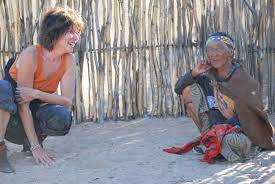 Image courtesy of: culturalsurvival.org Image courtesy of: culturalsurvival.org | Rebecca Adamson (1949 —) Advocate for Indigenous Peoples |
Ms. Rebecca Adamson was honored by the Virginia Foundation for Women and Delta Kappa Gamma Society International as a 2002 honoree for the Virginia Women in History Award:
“A native of Akron, Ohio, Adamson spent the summers in North Carolina who fostered in her a love of her Cherokee heritage. She also learned about the difficult conditions Native Americans faced living on reservations, which shaped her life’s mission. She left college in 1970 to work on western reservations and directed effort to end the practice of removing Indian children from their homes and placing them in government or missionary boarding schools, where they were severed from their tribal language and cultural knowledge. Her work contributed to the 1975 Act for Indian Self-Determination and Education Assistance that allowed Native Americans to administer funds for their own reservation schools.
Recognizing that education meant little without financial self-sufficiency, Adamson sought funding to support Native American economic development. In 1980, she established the First Nations Financial Project (later the First Nations Development Institute) in Fredericksburg, Virginia, to work directly with Native American communities in achieving economic empowerment within the context of their culture. First Nations established the Lakota Fund, one of the country’s earliest microenterprise loan funds, to counteract poverty at the Pine Ridge Reservation in South Dakota.
After building First Nations into the leading Native American community development organization in the country, in 1997 Adamson founded First Peoples Worldwide to promote indigenous economic determination and strengthen indigenous communities across the globe. Adamson earned an M.S. in Economic Development at New Hampshire College (later Southern New Hampshire University), and in 2004 Dartmouth College awarded her an honorary doctorate. She has received numerous awards for her transformative work on behalf of indigenous peoples, including the John W. Gardener Leadership Award in 2001.”
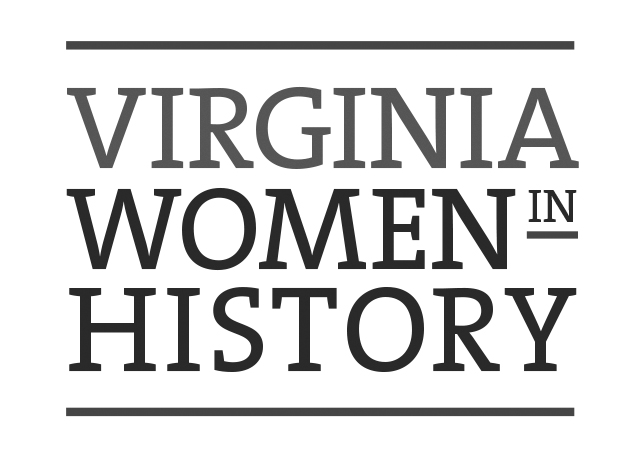
Other Fredericksburg & Stafford recipients of the Virginia Women in History Award include: planter Margaret Brent (c.1601-1671); photographer Frances Benjamin Johnson (1864-1952); writer & suffragist Mary Johnston (1870-1936); poet Claudia Emerson (1957-2014); preservationist Emily White Fleming (1855-1941); anti-slavery activist Mary Berkley Minor Blackford (1802-1896); and musician and Civil Rights activist Gaye Todd Adegbalola (1944—).
Image courtesy of Libray of VA | Marguerite Bailey Young (1928 —) Educator & Health Care Advocate |
In 2018, Ms. Marguerite Bailey Young was one of seven African-Americans honored by Dominion Energy and the Library of Virginia as part of the “Strong Men & Women in Virginia History” awards program. Young has received numerous accolades for her community activism, including the Fredericksburg Regional Chamber of Commerce’s Prince B. Woodard Leadership Award for vision, integrity, and extraordinary service.
A native of Accomack County, Young earned a bachelor’s degree from Virginia State College (later Virginia State University) and continued her education at Columbia University and the University of Virginia. She began teaching in Greensville County before relocating in 1957 to Fredericksburg, where she taught business classes at the segregated high school. Her skills and passion for education led to her promotion to principal in 1976 and later to her position as director of instruction for the city’s schools. Dedicated throughout her 40-year career to providing a strong education to all students, Young secured grant funding for underprivileged schools through the federal Title I program, spearheaded the establishment of a community tutoring program, and helped implement a program to assist minority students with college application costs.
A champion for accessible health care, Young was a founding member of the Healthcare Assembly to assess medical needs in the community. She served on the Board of Trustees for Mary Washington Hospital from 1988 to 2000 and helped establish its Community Service Fund (later the Community Benefit Fund) to support health care projects around Fredericksburg. She helped create programs that provide mobile health services in local school districts and access to medications with free prescriptions and also directed the wellness center at Shiloh Baptist Church (Old Site).
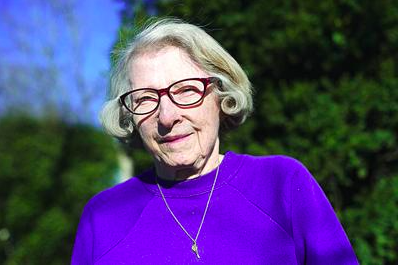 image courtesy of Dave Ellis image courtesy of Dave Ellis | Rebecca Reed Educator, Attorney, Public Servant, Elected Official |
Ms. Rebecca Reed became the first woman elected chair of the Stafford County Board of Supervisors in 1987. For more than five decades, she has devoted herself to the betterment of communities in Fredericksburg and Stafford.
In 1965, Reed joined the Fredericksburg Council on Human Relations*, where her work uncovered widespread housing discrimination in the Fredericksburg region and led to funding from the U.S. Department of Housing and Urban Development to bring the Hazel Hill public housing project to Fredericksburg.
As a member of the Stafford County Board of Education in the 1970s, she advocated for the establishment of the Chaplin Group Home for Teenagers. She also played an active role in efforts to pass the Equal Rights Amendment in Virginia.
In 1980, Reed earned a law degree from what is now the American University Washington College of Law (on a personal note: this author, Jenna Elizabeth Russo, also graduated from the American University Washington College of Law, and chose to attend that institution because it is the only law school in the United States founded by and for women, as well as for those historically marginalized within the legal profession). Reed served as an attorney for Rappahannock Legal Services (now Legal Aid Works), where she served low-income clients for twelve years.
Reed served two four-year terms as Falmouth District Supervisor, beginning in 1982, before becoming elected as the first female chair of the Stafford County Board of Supervisors in 1987.
Reed was a founding member of the Rappahannock Council on Domestic Violence (now Empowerhouse) and a charter member of the Fredericksburg Chapter of the National Organization of Women (NOW). She has also served as a Board Member of the Friends of the Rappahannock and the Chesapeake Bay Local Assistance Board (now the Chesapeake Bay Preservation Area Board). Reed has been recognized by the Mary Washington Hospital Foundation for her work on the Hazel Hill Healthcare Project, and was honored by the Woman’s Club of Fredericksburg as the 2018 Woman of the Year.
 | Hattie Howard Brown (1883 - 1976) Humanitarian & Disciple |
Described on March 25, 1955 in the Free Lance-Star as “Fredericksburg’s leading Negro Humanitarian,” Ms. Hattie Howard Brown is featured on the Fredericksburg Wall of Honor among those who have made significant contributions to the welfare of the city and to the betterment of society.
In 1949, she headed a team that raised hundreds of dollars for the new Mary Washington Hospital on Fall Hill Avenue. She collaborated with local businessman Benjamin Pitts to provide shoes to local families in need, free movie passes to those who did well in school, and goodie bags at Christmas.
Brown served on the Board of Directors for the Fredericksburg Chapter of the American Red Cross, and as a volunteer with the Fredericksburg Welfare Association and the Tuberculosis Association. She was a charter member of Venus Temple, Daughter Elks, and a member of the Celesta Chapter, Order of Eastern Star. Brown was also an active member of the alumnae association for her alma mater, Virginia State University.
Brown was known for her devotion to the Shiloh Baptist Church (New Site), where she served as deaconess, superintendent of Sunday School, president of the Missionary Society and founder of the Young Women’s Club. She was a frequent delegate to several state church conventions and a secretary of the Rappahannock Sunday School Union, which included many area churches.
Other Female Wall of Honor Recipients: Anne Hamrick; Sophia A. Hatch; Gladys Wright Cocke; Susan J. Hanna; Emily White Fleming; “Miss Annie” Smith; Susie Peach Foster; Lauren A. Davies; Mildred Brown Queen; Julia Tyler; Frances C. Hewetson; Alma Leitch; Ann Crowe Essiq; Paula Felder; Barbara Geslock; Marie O. Kunlo; Gladys P. Todd; Madonna “Donna” Cote; Elnora Mary Overley Johnson; Anne M.W. Rowe; Barbara C. Terry; and; Ruth C. Fitzgerald. | 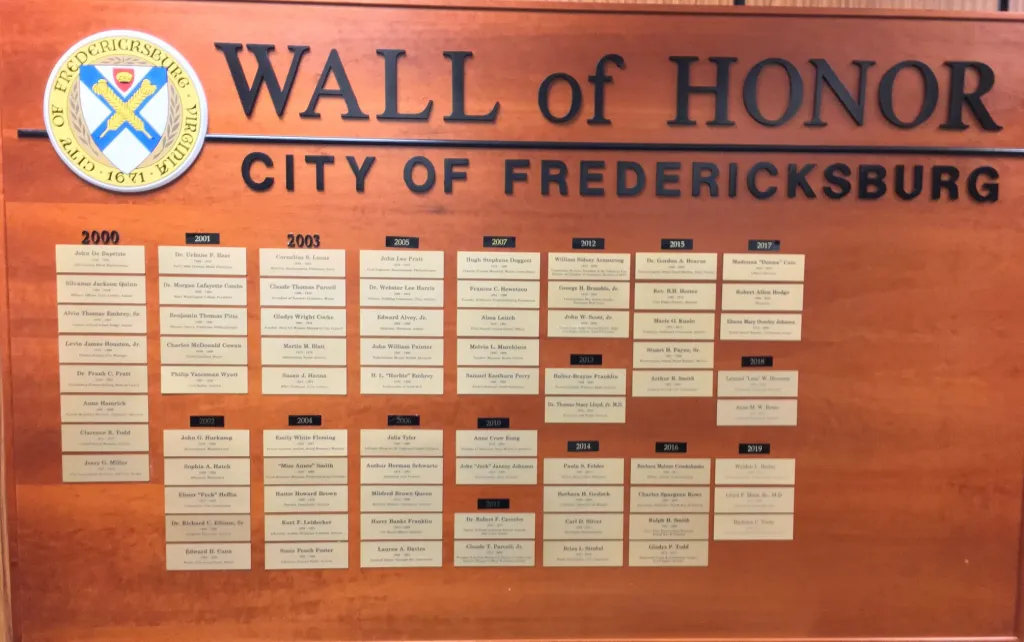 |
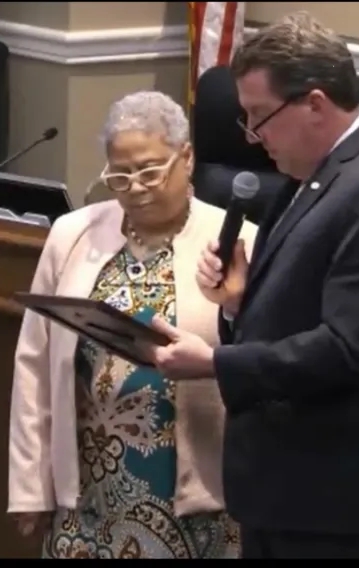 Image courtesy B101.5 | Ms. Alda White served for 20 years as Stafford County’s first woman County Attorney, and Virginia’s first African-American full-time County Attorney. Her husband, the Hon. John Scott Jr., served as the first African-American Circuit Court judge in Virginia. |
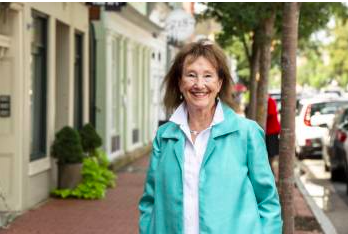 Image courtesy of Will Schermerhorn Image courtesy of Will Schermerhorn | Mayor Mary Katherine Greenlaw was elected as the first woman mayor of Fredericksburg in 2012. |
She has served on the boards of the Mary Washington Hospital Foundation and Thurman Brisben Center and she is a founding member of the Fredericksburg Festival of the Arts. Discover Fredericksburg through the lens of women’s history via the Visit Fred self-guided tour, available here. The tour explains the significance of certain buildings and architecture, and features women such as: philanthropist Doris Buffet; Elizabeth Long Eubanks, owner of Thornton’s Tavern on Sophia St.; Gaye Adegbalola, educator, social justice activist, musician and founding member of the blues group Saffire - Uppity Blues Women; writer Jane Howison Beale, who became famous for her first-hand account of living in Fredericksburg during the Civil War; Janetta Fitzhugh, founding member of the Fredericksburg Chapter of the Equal Suffrage League; and Clara Barton, who nursed wounded soldiers at Chatham Manor and in the Presbyterian and Episcopal churches in Fredericksburg before founding the American Red Cross.
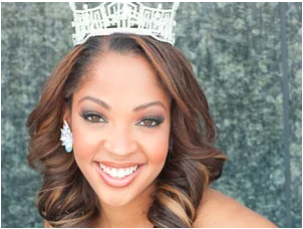 Image courtesy of The Miss America Organization Image courtesy of The Miss America Organization | Caressa Cameron (1987 —), a Spotsylvania native and graduate of Massaponax High School, was Miss Virginia 2009 and Miss America 2010. |
She was the eighth African American to be crowned as Miss America in 2010, and the first Black Miss Virginia to be crowned Miss America:
“Cameron traveled more than 250,000 miles during her year of service as Miss America, advocating for her personal platform, "Real Talk: AIDS in America," and spoke to over 80,000 students around the nation about healthy choices. For her efforts, Cameron was the recipient of the President’s Volunteer Service Award and a Congressional Honor. The titleholder performed during the 2009 inauguration of Barack Obama as 44th President of the United States and at the 2010 White House Christmas Tree lighting.” (Source) She is now the founder, owner and lead event coordinator of Caressed by Design, a wedding planning company based out of Fredericksburg.
Read about the courage, perseverance and dedication of Susanna Botts, Natalie Davis (and her husband, Ray Davis), Becky Reed, Florence Ridderhof, Becky Guy, Vashtye Ferguson, and the late Sue Hanna and Alice Rabson — women who advocated for the founding of Empowerhouse (formerly the Rappahannock Council on Domestic Violence), a 501(c)(3) non-profit organization dedicated to supporting survivors of domestic violence in Fredericksburg, Caroline, King George, Spotsylvania, and Stafford. Initially, the founders had difficulty obtaining funding because people were either unaware that domestic violence was so widespread, or tried to justify it as a private matter, “what a man does in his home is his own business.” One Spotsylvania County official even accused the group of trying to break up families. | 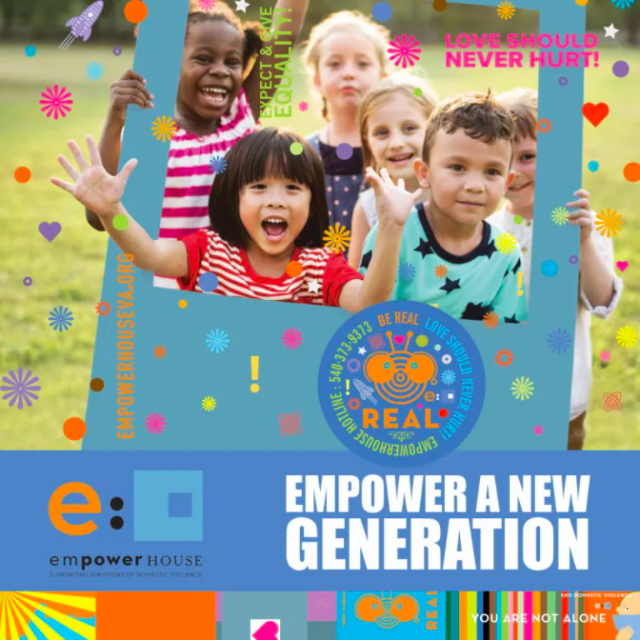 |
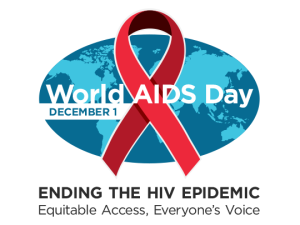 Image courtesy CDC | Learn about Susan Vaughan’s role in collaborating with the St. George Episcopal Church to host Fredericksburg’s first observance of World AIDS Day in 1992. |
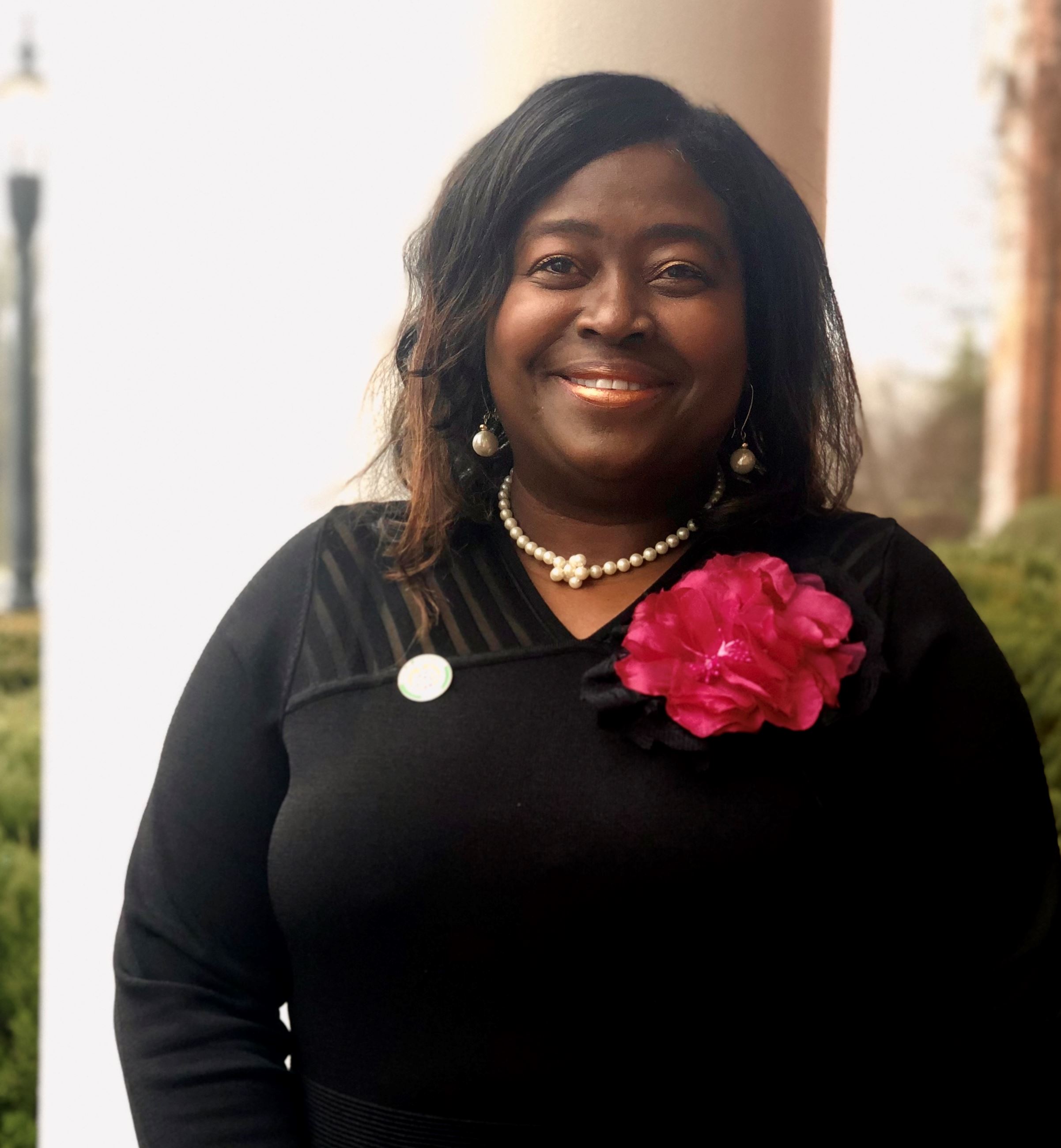 Image courtesy Spotsylvania County Schools Image courtesy Spotsylvania County Schools | Chancellor Middle School Principal Dr. Deborah Frazer became the first African American elected to the Spotsylvania County Board of Supervisors in November 2019. |
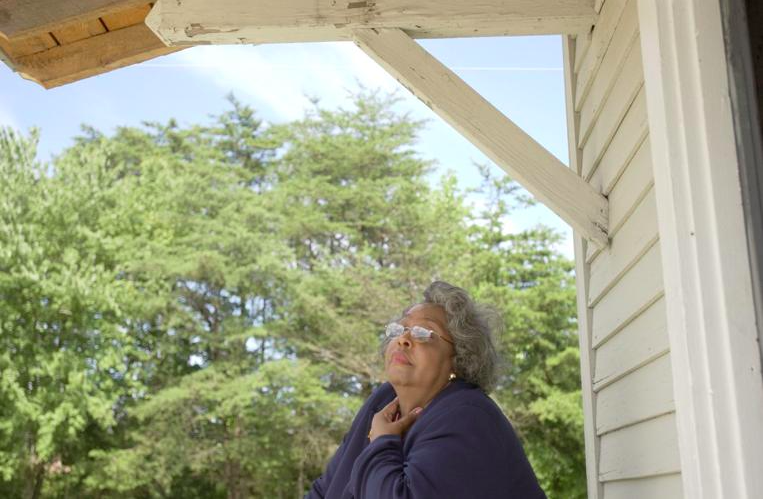 Image courtesy Free Lance Star | Spotsylvania County’s first elected African American official was Ms. Lee Broughton. Broughton served on the county’s Planning Commission and became its first chairwoman before being appointed to the School Board in 1991 to replace Hugh O. McHenry as the Berkeley District Representative. She was elected to the Board in 1995 and was subsequently re-elected. |
*The Fredericksburg Council on Human Relations was a local branch of the Virginia Council on Human Relations, deriving from the interracial ‘Community Fellowship’ group of the 1950s.
Sources: The Commonwealth of Virginia Women’s History Month; Stafford Democrats honor Reed for five decades of Public Service, The Free Lance-Star, April 13, 2019, available here; First female chair of Stafford Board of Supervisors continues fight for her causes, The Free Lance-Star, January 11, 2016, available here.; Stafford County Black History Month Award Broadcast, February 27, 2019. ; Barbara Crookshanks, Town and County Local History, The Free Lance-Star, April 24, 2004, available here.

